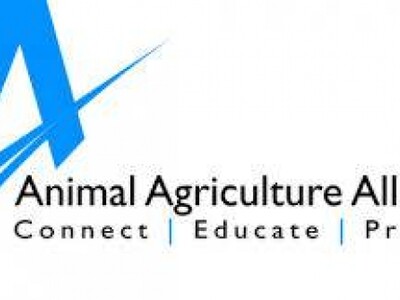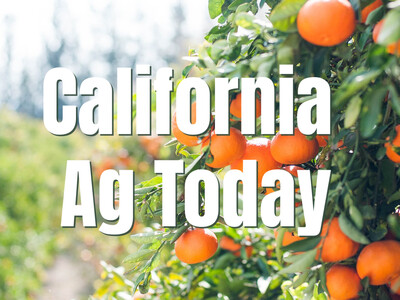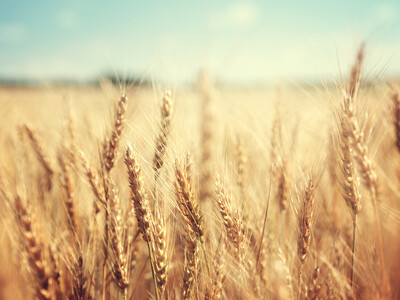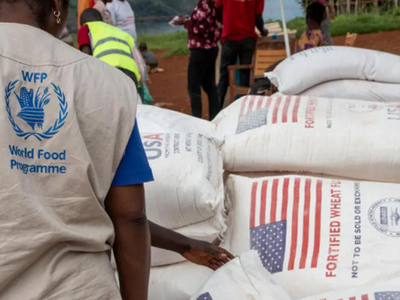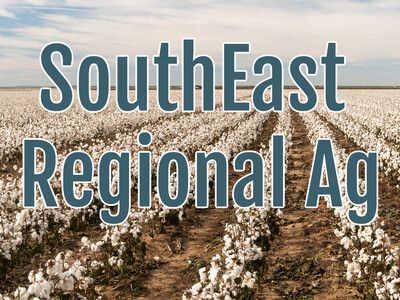Protecting Bees & Challenging Cherry Season
Protecting Bees & Challenging Cherry Season
I’m Lacy Gray with Washington Ag Today.
In an effort to help home gardeners help bees and other pollinators the Washington State Department of Agriculture has developed a new pamphlet guide titled, “10 Ways to Protect Bees from Pesticides”, which offers information on pesticide use and bees, links to web sites with information on the topic, and tips to reduce the risk to bees. While no large bee deaths have been reported in Washington in recent years, there has been a general decline in the state’s bee population. To view the pamphlet visit the WSDA website at agr.wa.gov.
Northwest Cherry Growers B.J. Thurlby says that this year has proven itself to be one of the more challenging cherry seasons for growers with the crop being hit with rain, wind, hail and heat.
THURLBY: Yeah, this is an end to one of the more challenging cherry seasons we’ve had in years, and that’s a big statement because three out of the last four years I’ve felt like we’ve just had irregular conditions and tough weather.
Originally estimated as being an 18-million box crop, Thurlby says the 2013 cherry crop came in way under that.
THURLBY: We ended up packing about 14.7 million boxes and of that grouping there’s still a few late cherries being shipped out of the industry today but it’s just a handful. Less than a thousand boxes per day so this thing is pretty much done for 2013. Looking back at it, every variety this year was affected by rain at some level, at some point, but the one that was really hit hard was Bing, which is one of our very best cherries, if no the best cherry we grow. Bing was sitting at about 2.5 million boxes this year, where normally it’s 5 million.
On the positive side, the dollar per pound returns are higher this year. But it will be individual by grower as to how well they will come out relative to the previous year.
I’m Lacy Gray and that’s Washington Ag Today on the Ag Information Network.





